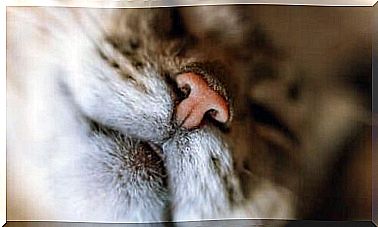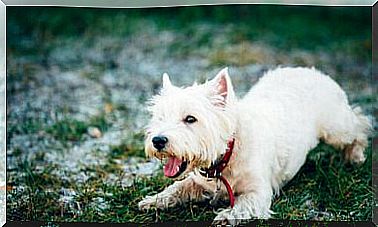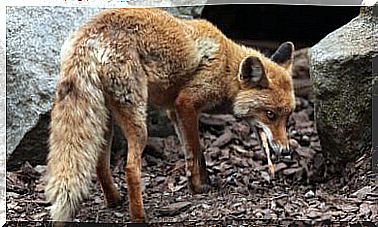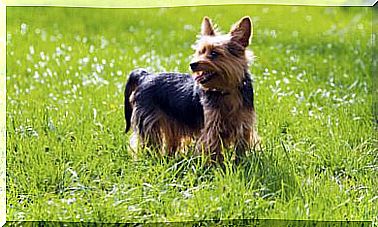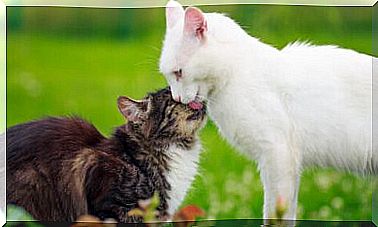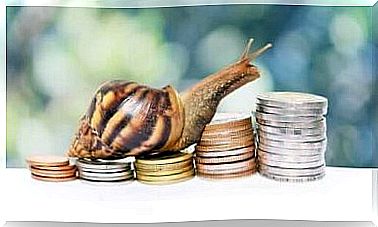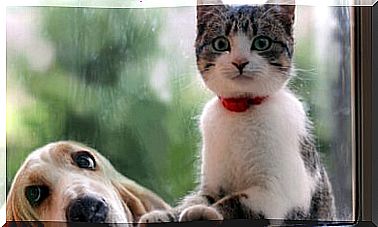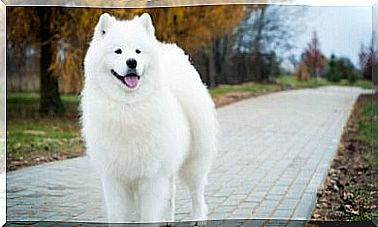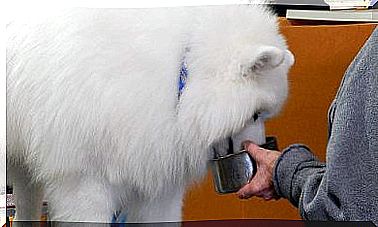Coprophagy In The Animal World
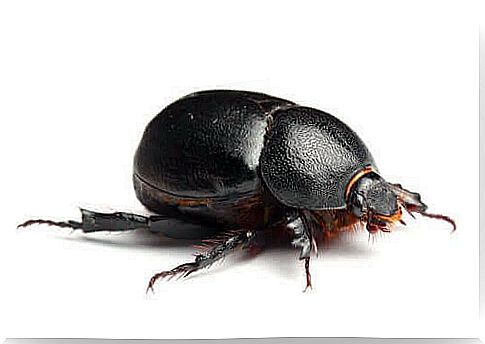
Normally, based on food, we classify living beings as herbivores, omnivores or carnivores. Still, there is a wide spectrum between grass and meat: hematophagous, scavenger, or coprophagous animals tend to be excluded from the more restricted groups.
It is this last group that we are going to talk about today: living beings that feed on feces. We encourage you to continue this reading, because, despite the initial unpleasantness it may cause, behind this evolutionary strategy there are surprising mechanisms for the use of organic matter.
What is coprophagy?
A strict coprophagous animal is one that feeds almost exclusively on the droppings of other animals. Coprophages cannot subsist on another source of nutrients.
The essence of this term lies in the mandatory nature of the diet. Although there are several animals that exhibit coprophagous behavior, only those that base their diet and way of life on the ingestion of feces are classified in this group. Therefore, it is not dangerous to generalize and say that it is a unique strategy in insects.
How are faeces processed?
Ironic as it sounds, this food source needs to be processed in some way before insects, mostly beetles and their larvae, can consume it. Three different behaviors were observed:
- A first group, formed by the dung beetles, break a piece of excrement, make a ball with it and move it a little before burying it. From then on, adults feed on this resource and also lay eggs in fecal matter so that the larvae can access nutrients until they are fully developed.
- In the second group, which contains several species, including several species of the genus Geotrupidae , the beetles also transport fecal matter to a safe place. Unlike dung beetles, they don’t make a ball, but carry segments in the forelimbs and head. Species of the aforementioned genus build very complex tunnels where they store food that can measure more than two meters.
- A third group, which mainly includes the genus Coprinae , prefers to build their nests directly under the faeces and thus have easy access to food.
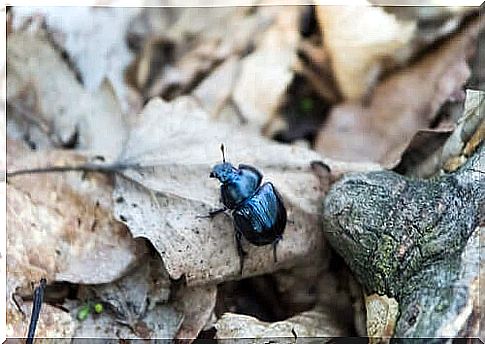
Each species of coprophagus has a predilection for the feces of a certain animal, as well as for a certain state of desiccation of the same. Most species seek the residues of ungulates, because in carnivores the use of nutrients is much greater and the feces lack nutritional value.
eventual coprophagia
Once we abandoned the strict term, we found that there are coprophagy episodes in several mammals:
- Rabbits and guinea pigs do not have as sophisticated a digestive system as ruminants, who have multi-chambered stomachs. Therefore, they cannot obtain all the benefits of the vegetation and, after the first excretion of some balls called cecotrophic, they return to ingest them for a second round. Once the necessary nutrients are obtained, the feces are not consumed again.
- In some large mammals, such as elephants or koalas, chicks can eventually consume adult feces. This provides them with bacteria that are essential for the proper functioning of the intestine, which they do not present at birth.
- Dogs can also practice coprophagy, but there are no benefits for them as with the rest of the mammals listed. This could be an indication of inattention, stress, anxiety or an unhealthy environment.
The importance of recycling
Strict dung insects are essential for the ecological cycles of ecosystems. The degradation of excrement and its fusion with the soil so that it can be used both by microscopic beings and by plants is a slow process. Beetles, by making this separation and transporting fecal matter, greatly accelerate this process and, in addition, fertilize the soil quickly.
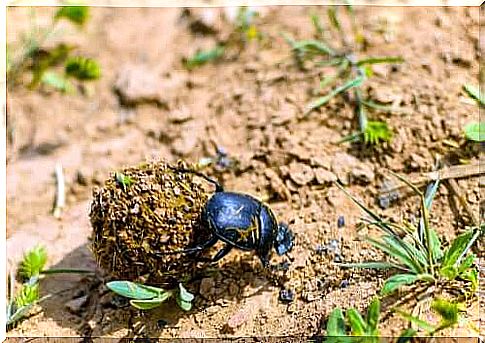
A segregation of faeces across the landscape also prevents the accumulation of pathogens, soil contamination or an overabundance of faecal matter parasites.
As we have seen, however unpleasant the concept may seem, coprophagy is a totally valid evolutionary strategy that brings benefits both at the individual level and at the ecosystem level.
